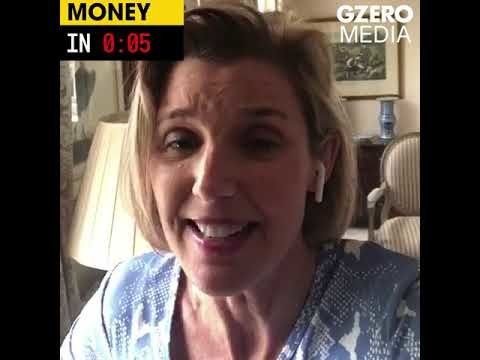In 60 Seconds
Will giving up your daily latte make you a millionaire?

Will giving up your daily latte make you a millionaire?

I see advice that I should give up my daily latte, invest the money, and retire a millionaire. Is this good advice?
Answer: No, it's not. That's because in order for this to happen, over the next 40 years, you need to take that $5 a day you save and invest it and earn a 10% after-tax, after-fees return. Hmm.
Question 2: Is that likely?
Answer: No. The stock market has gone up, let's call it 5.6% annually over the past five years, so you gotta get close to doubling. Individual investors have earned about 1.9% over the same period, so less than the stock market has. So is it possible that individual investors could do five times better? I guess it's possible. I guess anything is possible. It's not likely. 10% better? That's a stretch. 20% better? That's huge. Five times better? I wouldn't bet my retirement on it.
Question 3: Anything else bother you about this advice?
Yeah, you know, it's a little simplified, a little bit "give up the small luxuries," and a little bit — since so much of it tends to be aimed at women, and women finishing rich, and retiring rich — it tends to be a bit patronizing. The litmus test of this is if they're not talking about it on CNBC, if Jim Cramer and Mike Santoli aren't discussing it, you know … meh.
Michael Froman explains how the world is adjusting to Trump’s more transactional and unilateral approach to global power.
At the 2026 Munich Security Conference, NATO Parliamentary Secretary General Benedetta Berti explains why hybrid threats, from undersea cable sabotage to disinformation, energy coercion, and cyberattacks, are no longer isolated incidents but a defining feature of today’s security environment.
In this Quick Take from Munich, Ian Bremmer examines the state of the transatlantic alliance as the 62nd Munich Security Conference concludes.
At the 2026 Munich Security Conference, Brad Smith announces the launch of the Trusted Tech Alliance, a coalition of global technology leaders, including Microsoft, committing to secure cross-border tech flows, ethical governance, and stronger data protections.